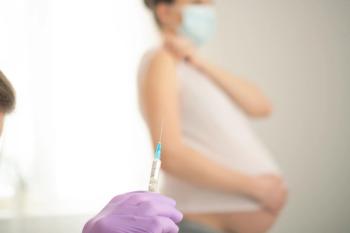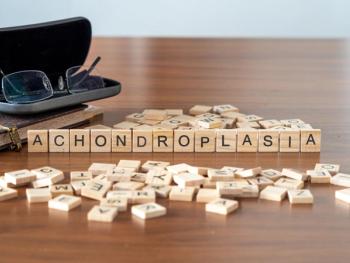
Oxytocin helps social dysfunction in kids with ASD
A single intranasal spray of the naturally occurring hormone oxytocin improves function in areas of the brain associated with social interaction in children with autism spectrum disorder (ASD), according to a new study.
A single intranasal spray of the naturally occurring hormone oxytocin improves function in areas of the brain associated with social interaction in children with autism spectrum disorder (ASD), according to a new
In this first study to look at the association in children aged younger than 12 years, researchers from Yale University constructed a randomized, double-blind, crossover model using functional magnetic resonance imaging (MRI) to determine the impact of a single intranasal administration of oxytocin on brain activity in 17 children and adolescents aged between 8 and 16.5 years with ASD.
The children randomly received either a single intranasal spray of oxytocin or a placebo during a task involving social judgment.
The investigators
Upon viewing the functional MRI scans, the investigators found that oxytocin increased activity during social judgments and decreased activity during nonsocial judgments. The centers of the brain needed for appropriate social behavior and social cognition “lit up” more for social stimuli, such as faces, and less for nonsocial stimuli, such as cars.
To get weekly clinical advice for today's pediatrician,
Newsletter
Access practical, evidence-based guidance to support better care for our youngest patients. Join our email list for the latest clinical updates.








